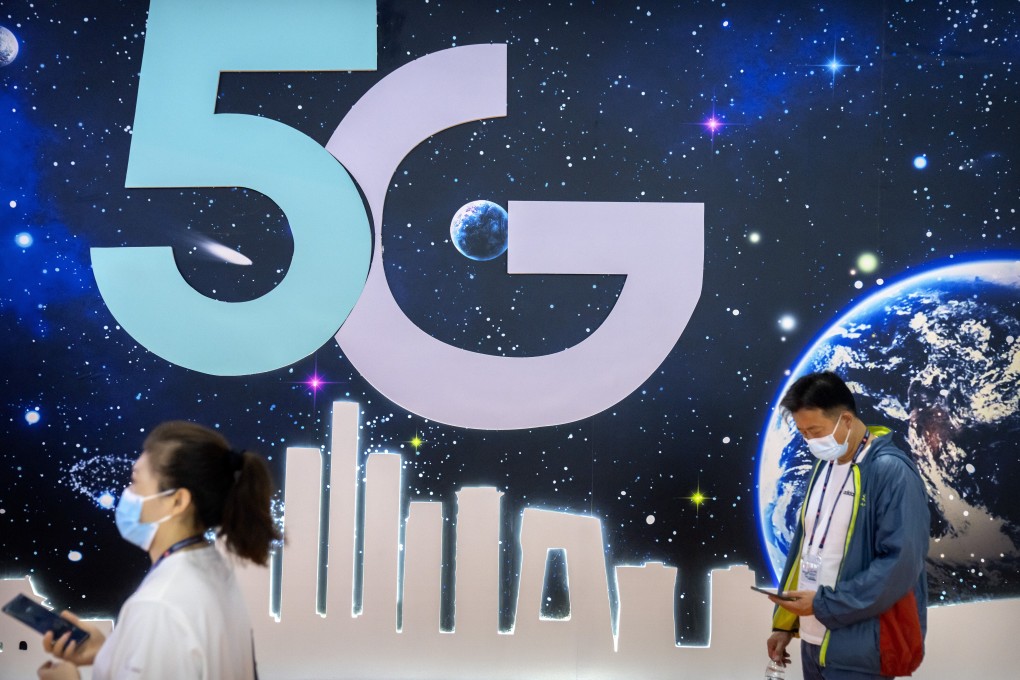Advertisement
China’s mobile network operators to push nationwide roll-out of new 5G messaging service
- China Mobile, China Telecom and China Unicom are expected to launch their new 5G messaging service this month
- The service, which integrates video, audio and electronic payment functions, could potentially compete with Tencent super app WeChat
Reading Time:2 minutes
Why you can trust SCMP
1

China’s three major mobile network operators are expected to soon roll out a nationwide 5G messaging service, integrating video, audio and electronic payment functions, that could potentially compete with Tencent Holdings’ ubiquitous, multipurpose super app WeChat.
The new service from China Mobile, China Telecom and China Unicom is expected to make its initial commercial test run in the second half of this month, according to a report by China Securities Journal, a national financial newspaper published by state-run Xinhua News Agency.
Huang Changjian, deputy general manager of China Unicom’s product centre, revealed the planned roll-out in a forum at last week’s China International Information and Communication Exhibition, an annual event known as PT Expo China, held in Beijing from September 27 to 29. China Mobile, China Telecom and China Unicom had initially planned to introduce the service in April last year.
Advertisement
The new 5G service will enable users to send text, photos, video and audio directly via the message window on their smartphones, without downloading an app, according to the three Hong Kong-listed telecommunications carriers’ white paper published in April last year. It will also provide a way for government agencies and companies to provide services and communicate directly with mobile subscribers via chatbots.
“5G messaging will become a new entry [point] for [various] online services,” said the three companies, adding that its built-in digital yuan wallet will enable subscribers to directly make mobile payments.
Advertisement

China Mobile, China Telecom and China Unicom did not immediately respond to requests for comment on Monday.
Advertisement
Select Voice
Select Speed
1.00x